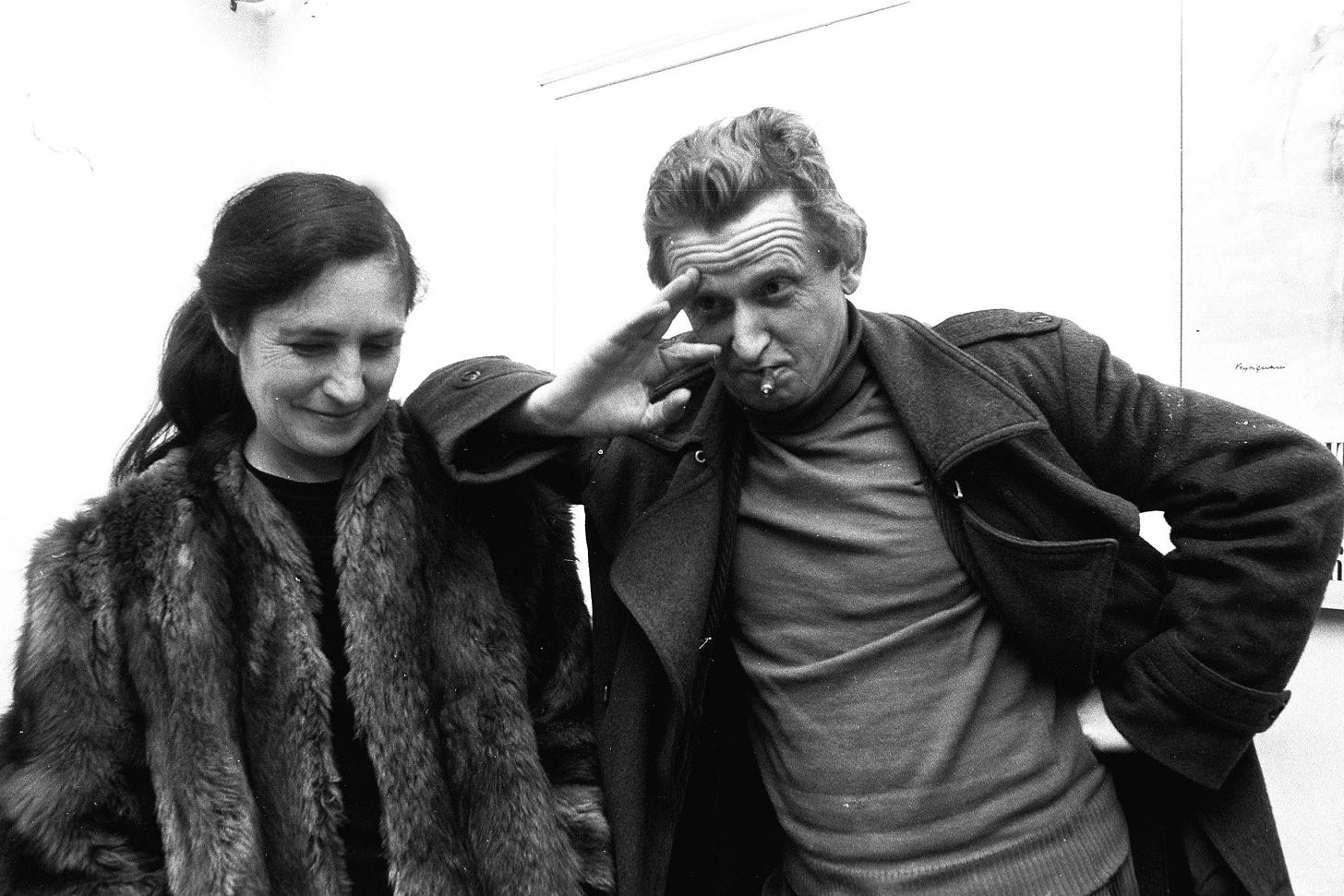Watching
Poor Things (2023)
I never wrote about Poor Things here because I found it, costumes aside, rather unremarkable. But I do want to dredge up one detail I kept thinking about while working on the second part of this newsletter. About two thirds of the way through the film, child-in-an-adult’s-body Bella Baxter (Emma Stone) waltzes into a Parisian b…




